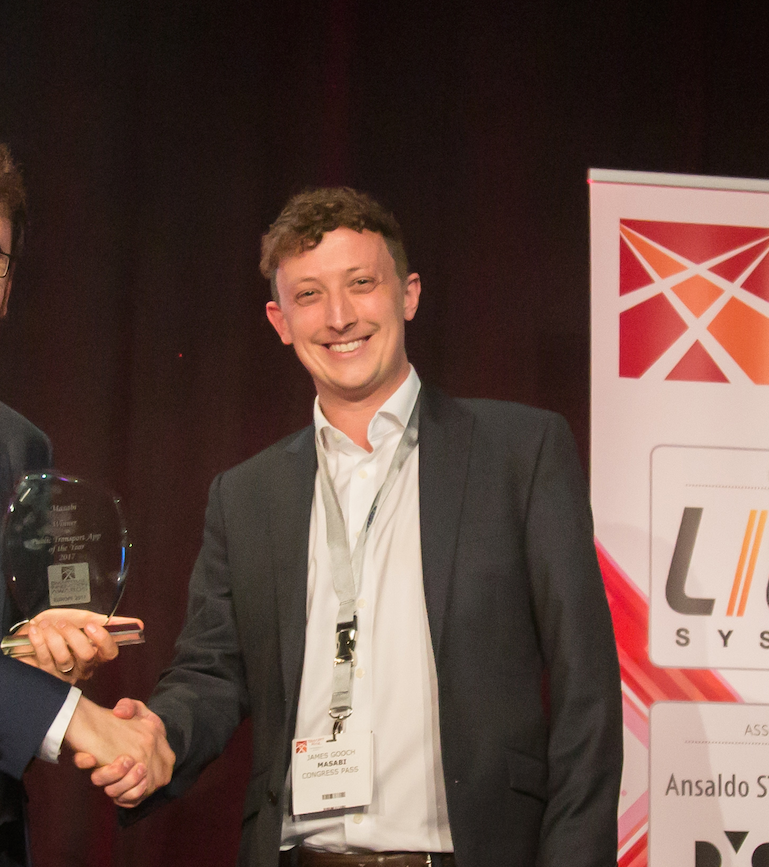Franchising has become a pivotal topic in the UK's transportation discourse. With the government's evolving stance and recent legislative changes, local authorities are now empowered to take greater control over their regional public transportation services. In this blog, we explore the pros and cons of franchising and how it compares to deregulated models.
 Deregulation and the Current Bus Market
Deregulation and the Current Bus Market
Since the Transport Act 1985, most bus services in the UK have operated under a deregulated model, where private operators largely determine routes, fares, and timetables and collect the fare revenue. While this approach has worked well in some areas, it has also led to challenges in others.
For local authorities, the ability to influence the network can be restricted with limited scope to use revenue from busy routes to support quieter, socially important ones, and integration with wider transport and planning strategies across the region.
This is where franchising comes in; offering local authorities the opportunity to take control of local public transport services to plan, integrate, and manage services more effectively, ensuring greater accountability and flexibility. Franchising also enables both residents and visitors to travel easily across the region in a cost-effective way that is simple to understand.

Understanding Franchising for Local and Regional Authorities
In a franchised system, local or combined authorities are given devolved powers to take greater control over public transport in their region. This means they can manage services at both strategic and operational levels, shaping networks to better meet local needs. As part of this approach, authorities typically award contracts to operators through a competitive tendering process, granting the right to run services on specific routes or within defined areas — often under local branding. These contracts can take various forms and usually include performance targets such as reliability and punctuality.
Franchising authorities—such as Transport for London or Transport for Greater Manchester—retain strategic control over the network. This includes decisions about routes, schedules, fare structures, and service standards, allowing for better alignment with local transport priorities.

Pros of Franchising
- Integrated Services and Simplified Ticketing
Franchising allows for the coordination of services across multiple modes and operators, leading to integrated timetables and routes. Passengers benefit from unified ticketing systems, making transfers between services seamless. This integration enhances the overall user experience and can increase public transport usage. - Unified Brand and Experience. Franchising can also help create a single, consistent brand and passenger information platform across services, making it easier for users to navigate the network and access real-time updates or support—regardless of which mode or operator they're using.
- Improved Accountability and Service Quality
Under franchising, local authorities can set performance targets and service standards, ensuring operators maintain high-quality services. This oversight can lead to greater accountability, as operators must adhere to contractual obligations or face penalties. - Cross-Subsidization of Services
Profits from more lucrative routes/modes can be used to subsidize the less profitable but socially necessary services, ensuring comprehensive network coverage. This approach addresses issues of social equity, providing essential services to underserved areas. - Fare Policy
Franchising provides the structural and governance framework to implement interoperable fare systems. Authorities can introduce consistent policies for fare capping, concessions, and multi-modal travel, enhancing convenience and accessibility across the transport ecosystem. This enables decision makers to set affordable and viable fares to meet their fiscal commitments and amend when appropriate.

Cons of Franchising
- High Upfront Costs and Administrative Burden
Implementing a franchising system can require significant financial investment and administrative resources. Local authorities must manage contracts, monitor performance, and handle the complexities of network planning, integrating services and collecting fares. - Potential for Reduced Competition
With services contracted to specific operators, the competitive pressure to innovate may diminish. This reduction could lead to complacency and a lack of responsiveness to passenger needs. - Challenges in Transitioning from Deregulated Systems
Moving from a deregulated to a franchised model can be complex, involving legal challenges and resistance. The transition must be carefully managed to maintain service continuity and public confidence. - Technical Debt
Most operators have invested in their fare collection infrastructure, both in hardware (gates & validators) and also their back office calculation and settlement systems. This has created a complex ecosystem of prospective suppliers that have technology that does not necessarily interact. In this scenario, the franchising authority must choose a solution that either replaces this technology or accommodates the varying technical requirements.
Conclusion
Both franchised and de-regulated models have demonstrated success in different contexts. The choice between them depends on specific regional needs, goals, and resources. As the UK moves towards increased local control of transportation services, it's crucial to weigh the pros and cons carefully. Masabi stands ready to support local authorities in this transition, ensuring effective and efficient fare collection in newly franchised areas.

Masabi's Role in Supporting Fare Collection
Masabi is committed to working in partnership with both local authorities and operators to deliver efficient, future-ready fare collection systems for newly franchised areas. At Masabi, our mission is to simplify fare collection and make public transport more accessible. Our Account-Based Ticketing (ABT) platform “Justride” enables seamless travel across multiple operators, integrating with smartcards, barcodes, and open payments. We also champion an agnostic approach to hardware, enabling us to work with any provider chosen by the contracting authority. We work collaboratively with operators and authorities to implement scalable, user-friendly fare collection systems that enhance passenger experience while streamlining operations. Our platform has been widely adopted and in operation for many years, giving customers the benefit of a mature, continuously evolving solution. This approach allows authorities and operators to take advantage of ongoing innovation without the complexity and cost typically associated with vertically integrated fare collection systems.
Ready to dive into franchising?
Get in touch with our team to discuss how Masabi can support you in building a connected, flexible system that works for your region.

.png?width=1920&name=Masabi%20Blog%20Headers%20(13).png)
